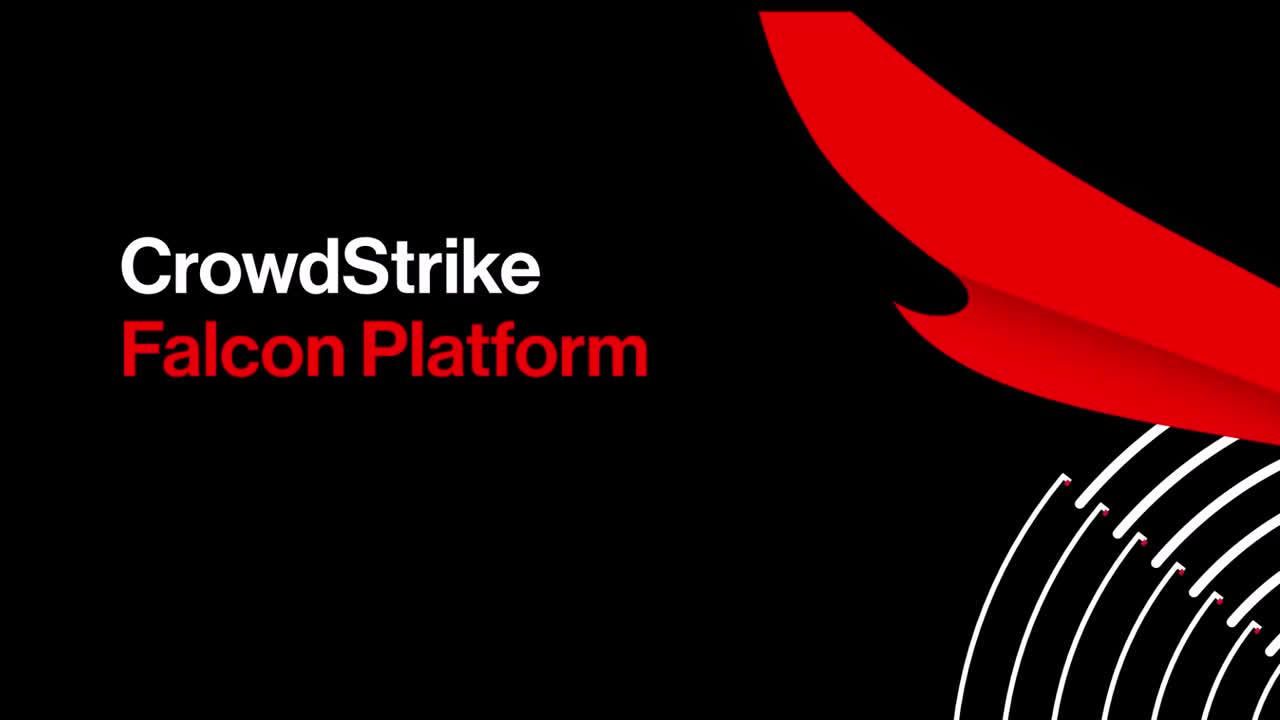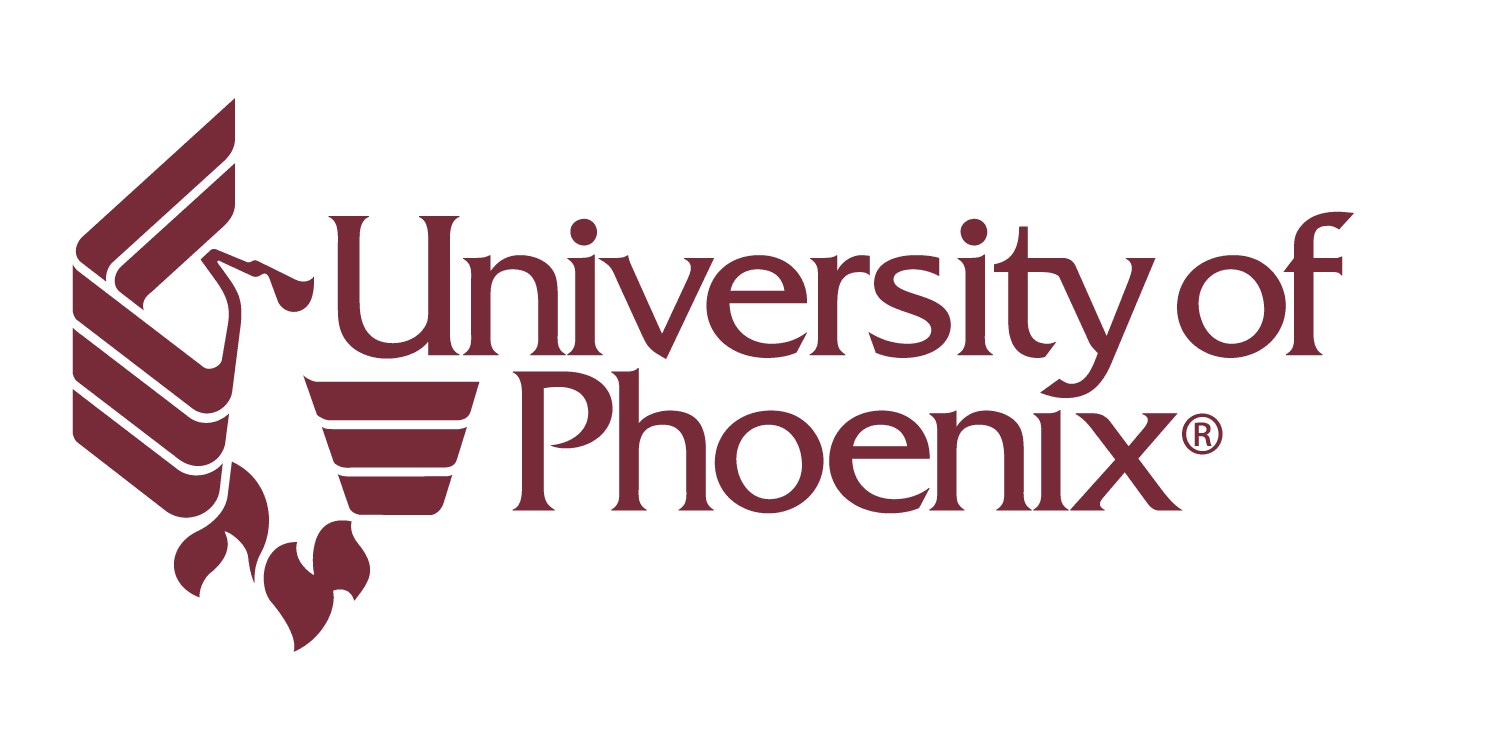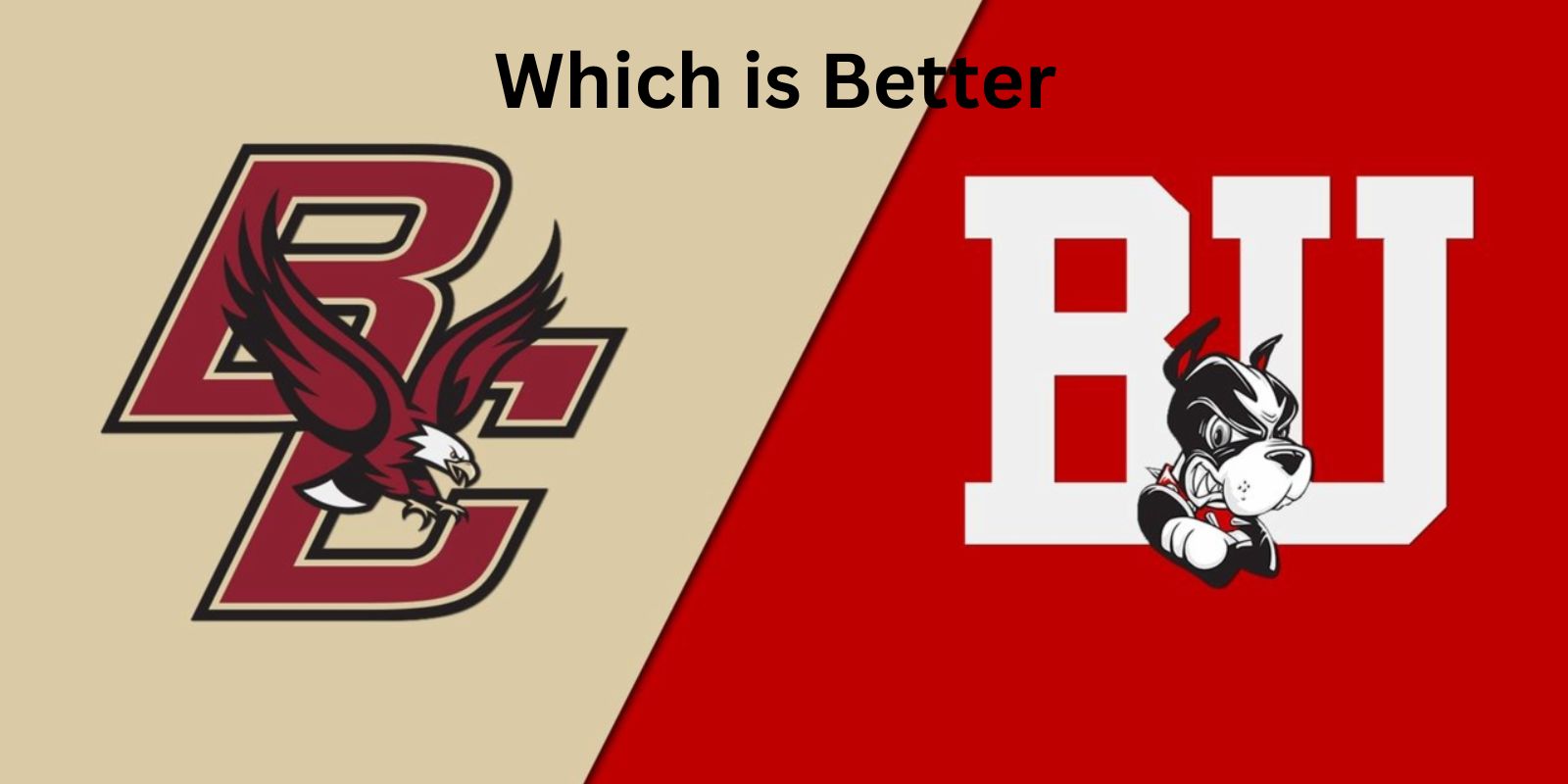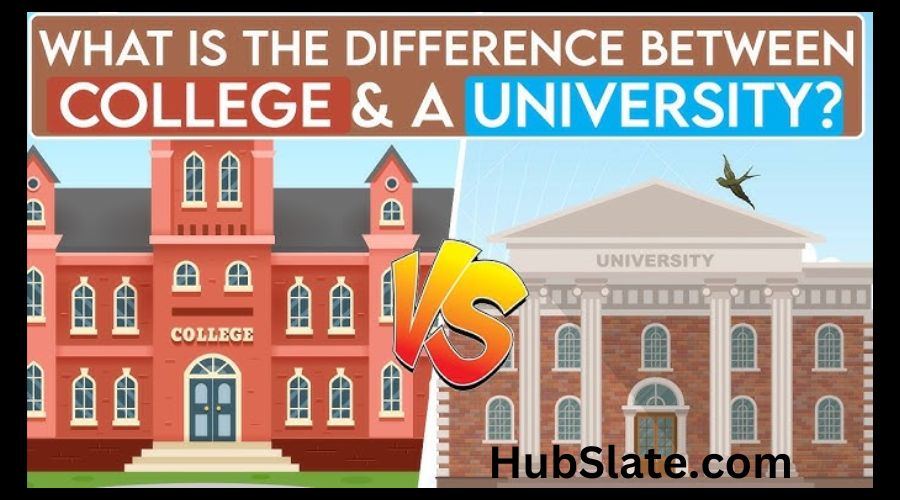
Car Accident Attorney Lawyer
Title: The Vital Role of Car Accident Attorneys in Ensuring Justice and Compensation Introduction: Car … Read more

Title: The Vital Role of Car Accident Attorneys in Ensuring Justice and Compensation Introduction: Car accidents are a prevalent occurrence on roads worldwide, resulting in injuries, deaths, and property damage. In the United States alone, millions of car accidents are reported each year. In the aftermath of such incidents, victims often face physical, emotional, and … Read more

Introduction:CrowdStrike is a renowned cybersecurity company that has made a significant impact in the field of endpoint protection. Their cloud-native platform, Falcon, leverages artificial intelligence (AI) and machine learning (ML) to deliver unparalleled security solutions. This article delves into CrowdStrike’s history, key features of their Falcon platform, industry recognition, and the impact they have had … Read more

Title: The Role of a Truck Accident Attorney: Seeking Justice and Compensation Introduction:Truck accidents can result in devastating consequences, including severe injuries, property damage, and even loss of life. In such traumatic events, seeking legal counsel from a truck accident attorney can be crucial. This article explores the role of a truck accident attorney, their … Read more

Title: Navigating the Complex World of USA Health Insurance: A Comprehensive Guide Introduction:Understanding health insurance in the United States is essential for ensuring access to quality healthcare while managing financial risks. With a multitude of plans, regulations, and providers, navigating the American healthcare system can be overwhelming. This guide aims to demystify USA health insurance, … Read more

Title: A Comprehensive Look at the University of Phoenix: Programs, Accreditation, and Student Experience Introduction The University of Phoenix is a well-known institution in the field of online education, offering a wide range of programs to students across the globe. Founded in 1976, the university has a long history of providing accessible and flexible education … Read more

Discovering ways to secure compensation after a car accident caused by another driver can bring relief and assurance. Whether settling out of court or pursuing a legal claim, understanding the process becomes more accessible with the help of this guide, even if you’re considering handling it without a lawyer. Steps to Settle a Car Accident … Read more

A community college is easier in many ways compared to a university. The way you learn at a community college is simpler, more flexible, and easier to get into. All of these things together make the learning experience easier. Starting college can be exciting and a bit challenging. Some students have to decide if they … Read more

In the U.S. News and World Report rankings, Boston College (BC) holds the 36th position, while Boston University (BU) secures the 41st spot. As the relevance of rankings is debated, exploring more differentiating factors is crucial. BC, with “college” in its name, leans toward undergraduate programs, boasting 9,532 undergraduates and 3,457 graduate students. In contrast, … Read more

Starting college or university is like beginning a new chapter in learning. People sometimes use the words “college” and “university” when they talk, and it might seem like they mean the same thing. But when we look closer, we see that in school, these words are quite different. Let’s take a simple look and understand … Read more

Are you someone who drives trucks and is thinking about buying a truck to start your own business? Or maybe you already own a truck and want to get permission to operate it independently? There are some special, not easy to find, short-term truck insurance plans that can be really helpful for truckers. Knowing what … Read more